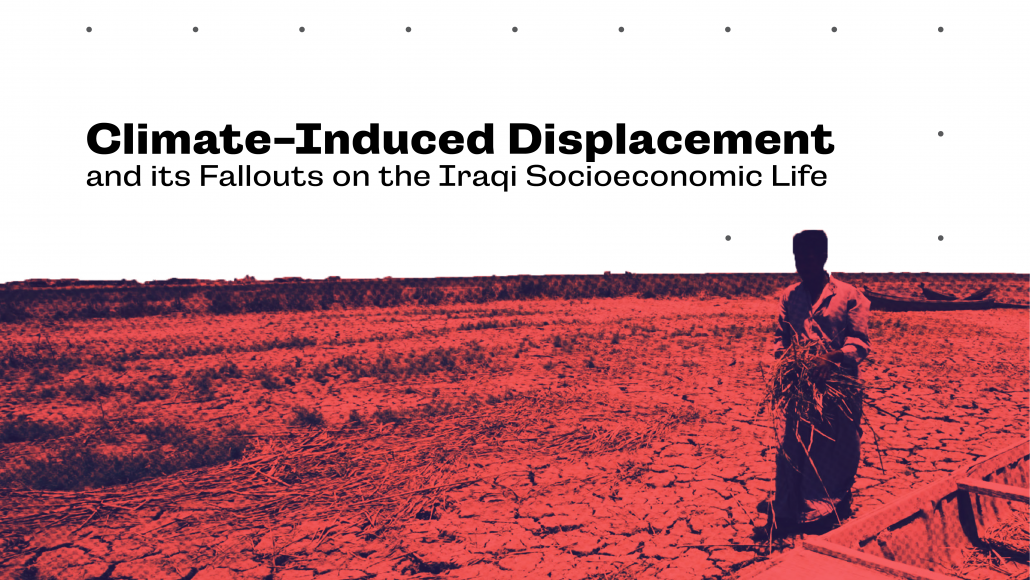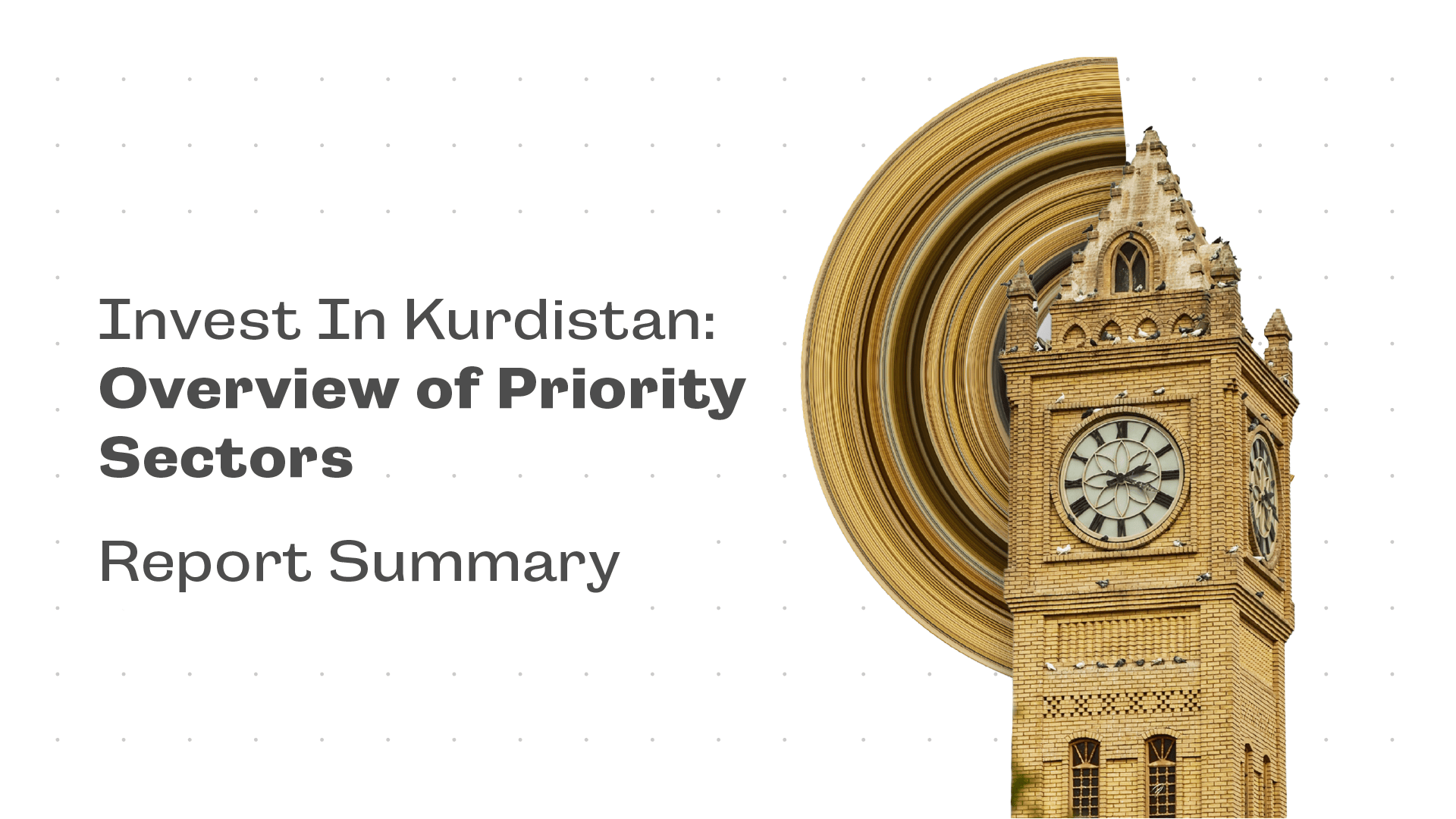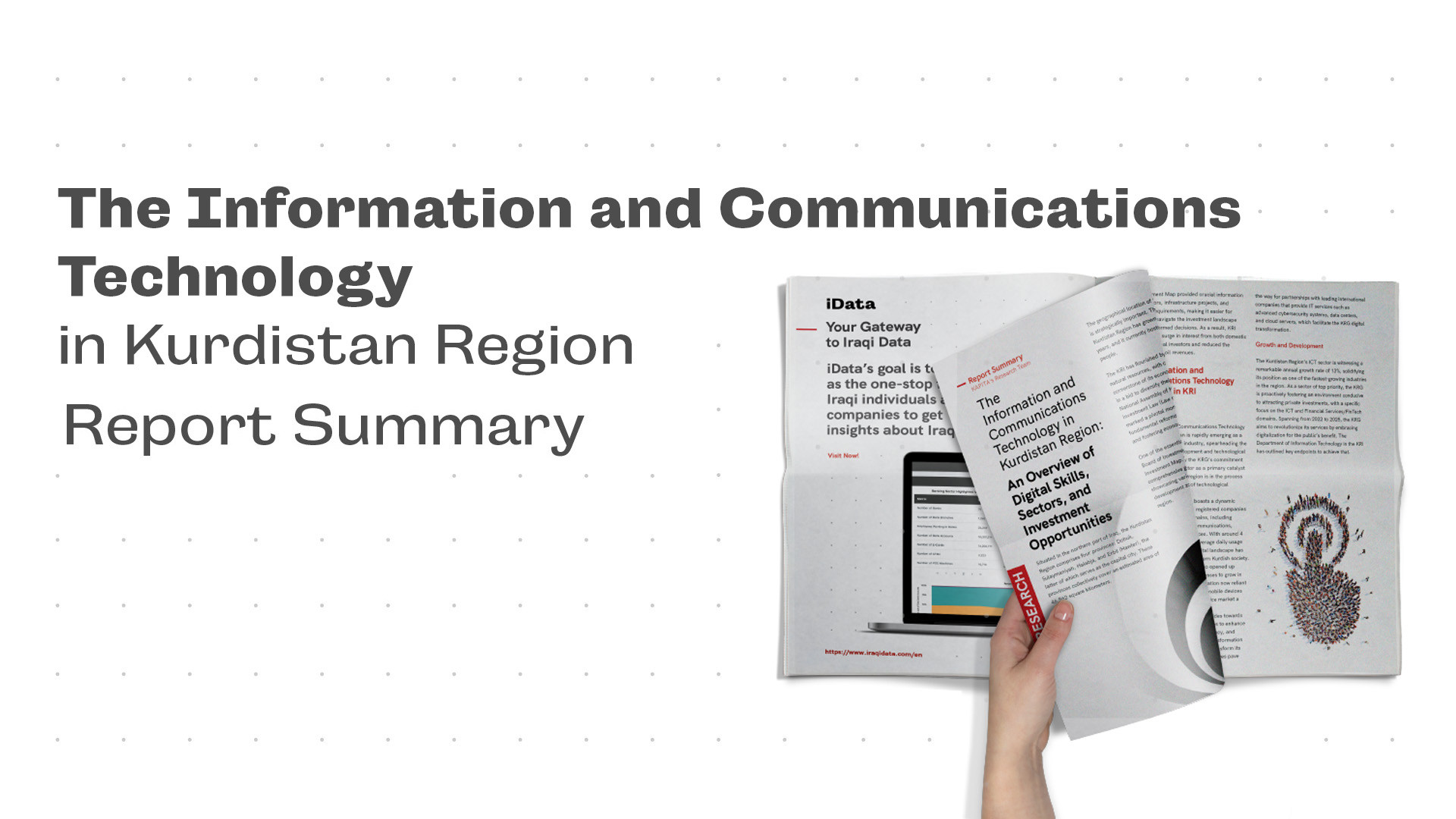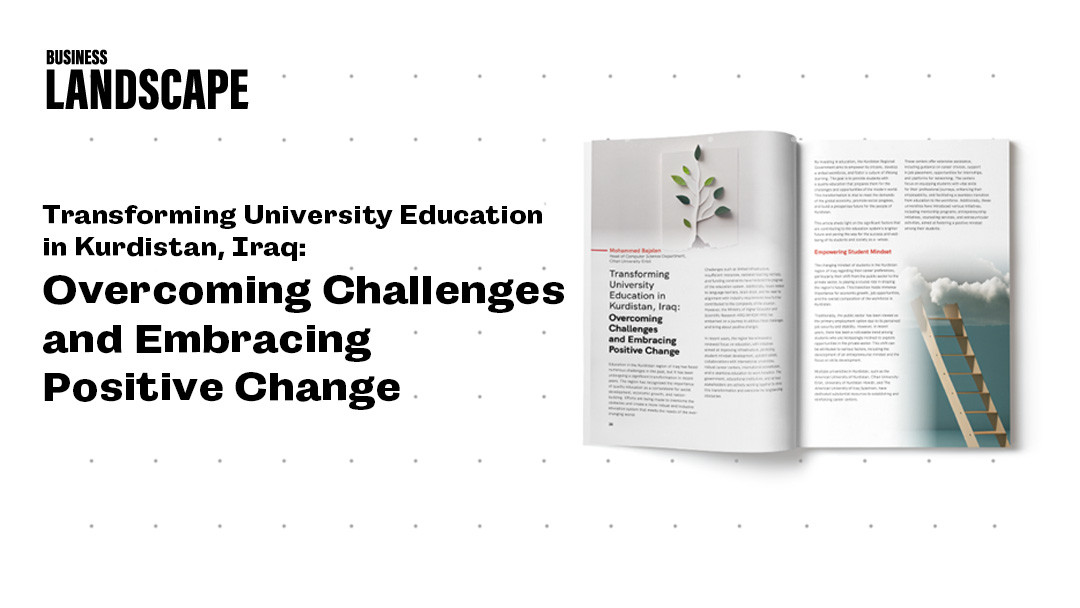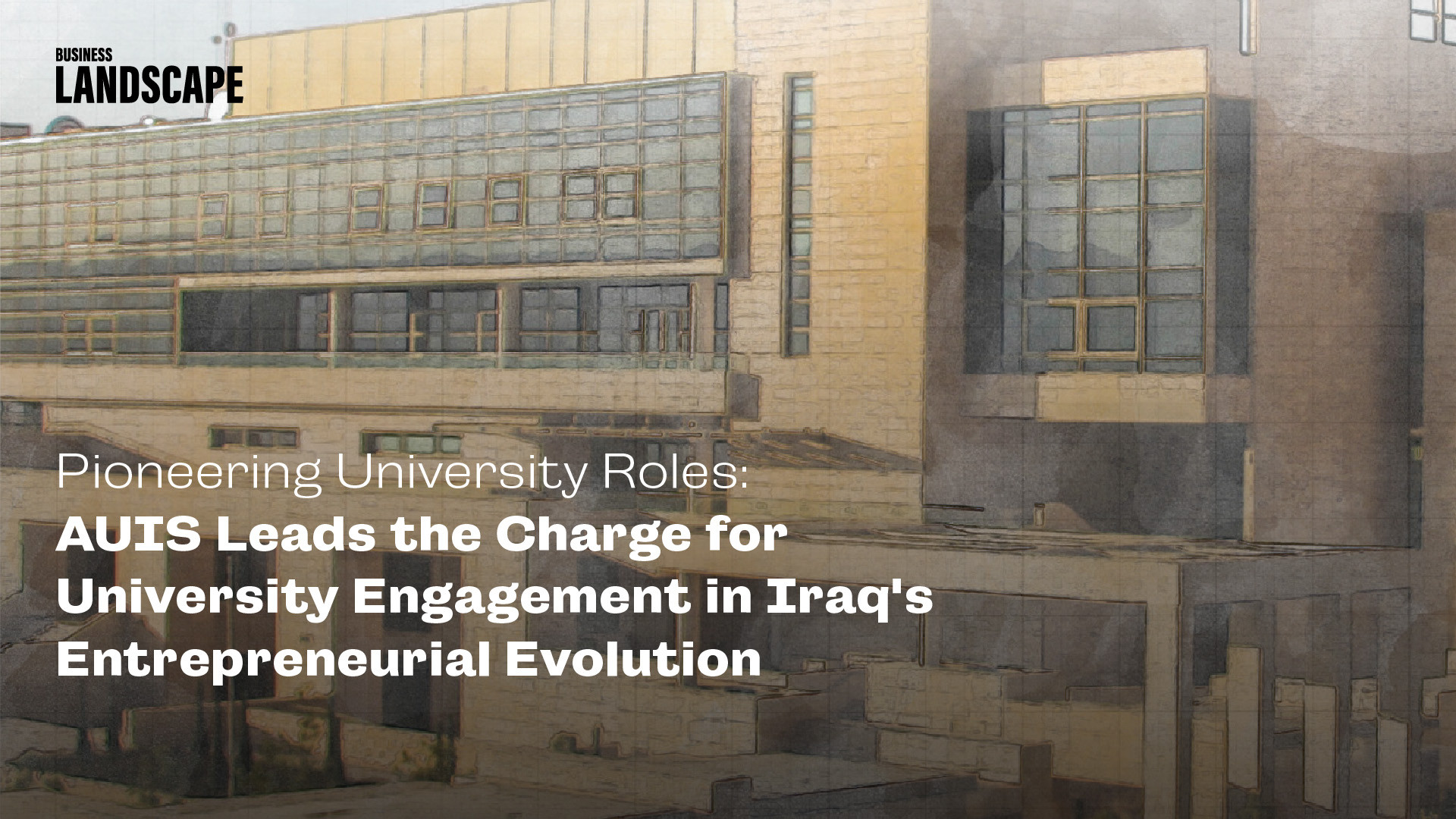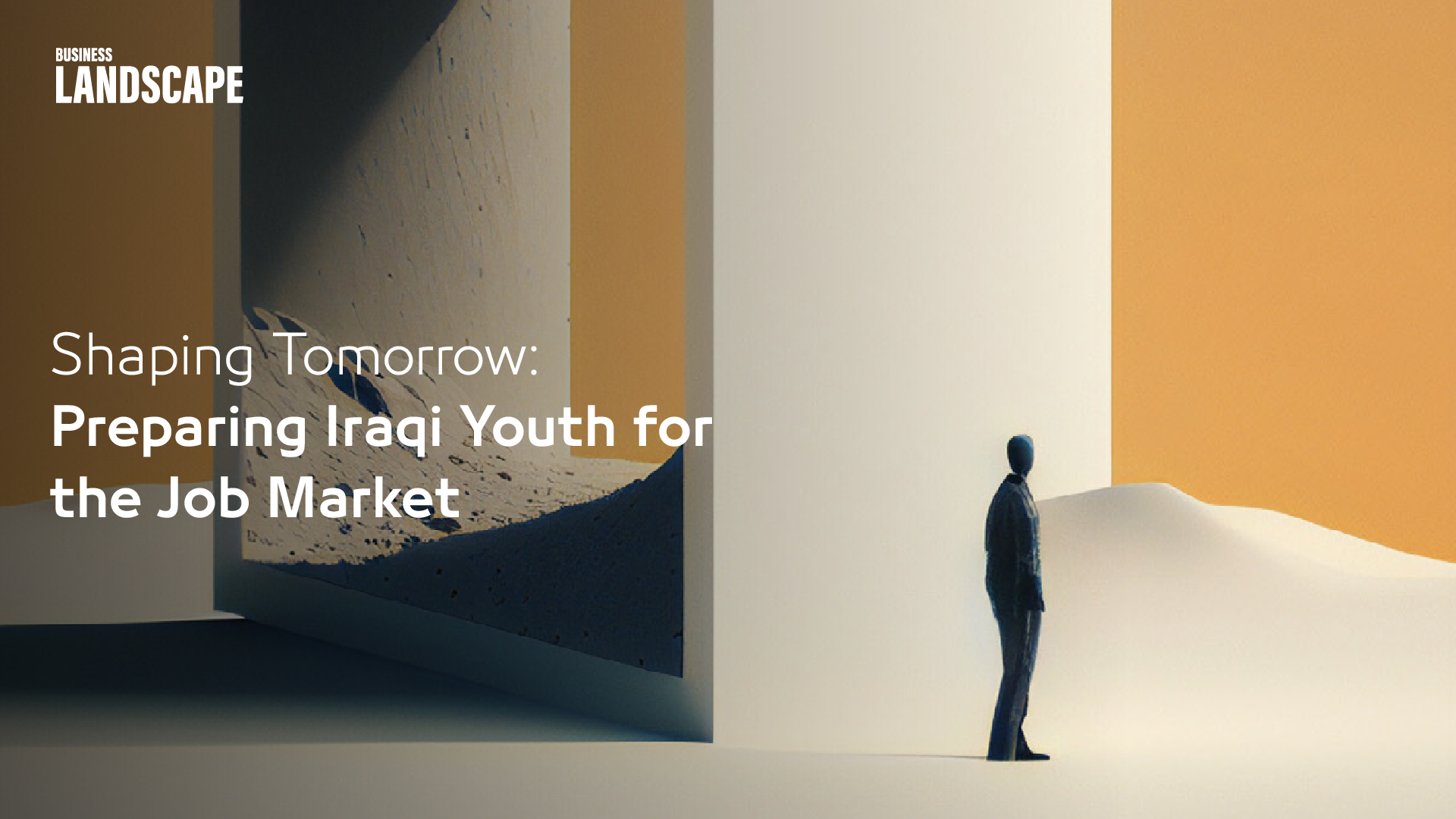Desertification is impacting almost 40% of Iraq’s territory, making it one of the most vulnerable countries to decreased water and food availability, extreme temperatures, and associated health problems, according to the sixth report of the Global Environment Outlook for West Asia (GEO-6). This is due to scorching temperatures, insufficient and diminishing rainfall, intensified drought and water scarcity, and frequent sand and dust storms and floods, according to a report published by the International Committee of the Red Cross. Neighboring countries’ water policies are significantly depleting Iraq’s already dwindling water resources, making it extremely difficult for many population groups to sustain basic living conditions. This has forced thousands of farmers to leave their rural areas in search of better economic opportunities in city centers. Due to the increasing demand for sustainable livelihoods and a lack of government action to address vital socio-economic needs, climate change may become a substantial driver of conflict in Iraq, among other challenges facing the country.
Since 2003, Iraq has undergone churning events of violence that caused multiple displacement waves and dire humanitarian conditions for millions of people. This was particularly evident from 2014 to 2017, when more than five million Iraqis were internally displaced to other safer areas, according to the International Organization for Migration (IOM). During this period, nearly one-third of the country turned into a hotbed for violent conflict and military operations, leaving the internally displaced people (IDPs) in dire conditions searching for livelihood and alternative sources of economic opportunities in relatively safer regions of the country. After 2017, IDPs’ situation shifted from a state of emergency to one of seeking durable solutions, as the process of IDPs' returning to their war-torn hometowns had already started by late 2016.
‘Better Life’ Elsewhere
As of December 2022, there are over 11 thousand displaced families (around 68 thousand individuals) in central and southern governorates due to drought, land degradation, and increased salinity in many important rivers and tributaries. This has placed a significant strain on the livestock, agriculture, and fishing industries. Tens of families in Hor Al Na’aj marches in Dhi Qar governorate had to abandon their indigenous marsh lifestyle, including their canoes, livestock buffalos, and traditional reed houses, and move closer to oil field refineries and urban areas.
Hisham Khaled, an indigenous local from Hor Al Na’aj marshes in southern Iraq, was displaced to Souq Al Shiyoukh district in Dhi Qar due to decreased water levels and drought in Al Huwaiza marshes. “We lost more than 700 buffalos due to drought," Hisham said. “I am afraid my community is losing its traditional lifestyle and indigenous dialect.” Although he might be considered lucky by many for finding a job at an oil refinery in his new town, yet a feeling of discomfort persists for displaced persons like Hisham due to cultural differences and barriers to co-exist with their host urban neighbors. Similarly, over 1800 returnee families in southern Ninewa have been forced to relocate once more due to extreme drought affecting agriculture and livestock, their main source of living in that area, especially in Ba’aj and Hatra districts. Despite the deteriorating climate conditions, these displaced families face even more challenges as they move and resettle in adjacent areas where the security situation and the rule of law are fragile and challenged.
In a study published by the Journal of Conflict Resolution, it was found that climate change contributes to increased conflict in Iraq. The study found that regions more vulnerable to climate change effects, such as those with limited water resources, are also more likely to experience conflict. Additionally, the study found that the risk of conflict increases as temperatures rise. In the past five years, Basra citizens have been protesting the lack of public services and neglect, and most importantly, water service delivery.
Reportedly, more than 118 thousand cases of water poisoning have been recorded in Basra province during 2018 alone as an indirect result of high salinity and shortage of fresh water due to neighboring countries’ water policies. The lack of governmental action to address the water shortage that is affecting urban and rural areas of Basra, leading families in the outskirts of Basra city to be haunted by a lack of job opportunities and prone to tribal conflicts over water and land resources, especially in northern Basra. Around 28% of Southern Maysan villagers are more inclined towards outmigration to the north of Basra due to the lack of fodders and water resources to grow their crops and raise their cattle. This imposed an extra burden on northern Basra communities with occasional violent tribal clashes over land and livestock. Depopulation of areas in the south due to climate change is at the forefront of mind in rural communities, especially in Maysan, Basra, and Dhi Qar. According to a recent study by IOM, 25% of the households in these areas are deeply concerned about the gradual depopulation of their rural areas. Although outmigration is taking place gradually, yet with continued neglect, locals feel vulnerable to climate impacts on their livelihoods and are more persuaded to migrate.
There is more to the picture than meets the eye in Al-Mishkhab district. Al-Mishkhab is a district in Najaf governorate that was once well-known for its capacity to cover the country’s need for amber rice; one of the finest rice crops produced in the world, well-known for its exquisite unique aroma. In the last 20 years, the areas of amber rice fields shrunk from 230 thousand dunams to less than 6 thousand dunams. Today, amber rice crops are barely produced as it requires considerable amounts of irrigation water to grow. Lack of irrigation portions due to climate change and violent conflict have largely affected the agriculture industry and led to the outmigration of farmers to city centers and urban areas in Najaf. Ongoing support to revive such agricultural sites by international organizations, such as the International Federation of the Red Cross (ICRC) and others, Al-Mishkhab and other agricultural sites in Central Iraq require more attention and substantial intervention to address climate-induced displacement factors on one hand, and to live up to nationwide food security requirement on the other.
Water Policies Shortfall
Climate change impacts are globally affecting populations around the world and are constantly driving governments and policymakers to take preventive and remedial measures to mitigate climate change effects on people and agriculture. Turkey and Iran, as neighboring countries to Iraq, have put in place several domestic policies that would give them the utmost advantage of the water sources upstream of the Tigris and Euphrates. Such policies imply building dams and canals in both countries to reserve the largest amount of water and administer the smaller portions of it to Iraq. For more than two decades, the Iraqi state could not reach agreements with both countries on receiving sufficient water portions. Although some of the water policies of the respective neighboring countries are clearly violating international conventions and in itself is a driver of cross-border conflict, water shortage in both rivers in Iraq is in a continuous downhill. According to climate experts, if the current situation continues, both rivers could disappear within the next 25 years.
On a different note, the rainfall season has grown shorter and less consistent in the last five years. However, there is little effort made by the Iraqi government to reserve excessive rainfall water caused by floods to be used for irrigation. This is especially prevalent in western Anbar region due to security challenges in the last six years and the efforts to secure the area from terrorist groups that severely changed the lives of people for years. In addition, floods have affected many households in Rutba, and Qa’em districts in Anbar, especially near the Iraqi borders between Syria, Jordan, and Saudi Arabia, and drive nomad tribes to live in areas closer to cities that already lack basic services and job opportunities because of internal displacement and military operations.
On the legislative level, Iraq adopted the Environmental Protection and Improvement Law No. 27 of 2009, which regulates governmental response to climate hazards, and, most importantly, works in favor of populations largely affected by climate risks. According to this law, the Iraqi government established the Environmental Protection Fund, which is financed by the government and the international community. “Despite the allocations, little is known about the fund and how it is used to serve vulnerable populations affected by climate change in Iraq,” says Hussam Sobhi, an Iraqi environmental activist. Hussam is a board member of Sport Against Violence, a youth-led civil society organization that promotes peaceful coexistence through sports activities. In the latest marathon that was convened by the organization last year in Abu Nuwas Street in Baghdad, Hussam, and peer activists raised billboards demanding the government and the international community to react to the serious outmigration waves from the marshes in southern Iraq induced by desertification and water scarcity. For Hussam, and other Iraqi environmental activists, public outreach campaigns are key to raising awareness of grave climate impacts affecting vulnerable groups in Iraq.
The stressing need from the Iraqi government is still valid today to develop a comprehensive plan to address the displacement caused by climate change. Even though international organizations are working to support those affected by the crisis in terms of food provision, water supply, and shelter provision, as well as helping families relocate to safer areas logistically, a holistic environmental policy reform action is yet to be expected from the government to make change possible.
